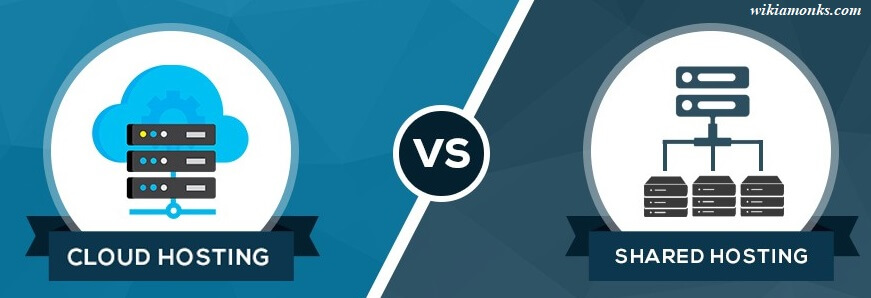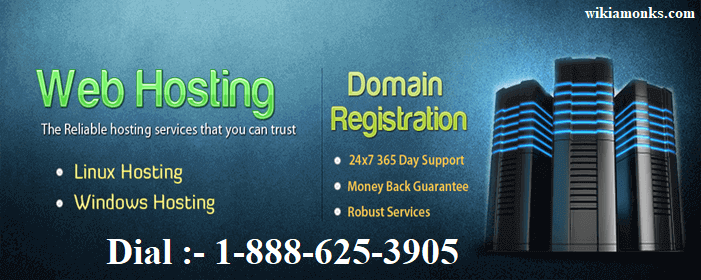
Differences between cloud hosting and shared hosting
What are the differences between cloud hosting and shared hosting?
Do you know both shared and cloud hosting have a different set of characteristics? Cloud hosting is modern. Shared hosting, on the other hand, is much different from its modern counterpart. Aims in illustrating the difference between these two hosting, our today's write-up will tell you the pros and cons of cloud and shared hosting. It is written under the supervision of our hosting experts who have years of experience.
What is Cloud Hosting?
- With cloud hosting, one can procure computing resources with the help of a cloud computing facility.
- It helps to host data, web services, and solutions.
- This hosting service allows you to use resources of multiple servers instead of restricting yourself to a single server.
- It covers a wide range of advantages, including faster page load time and easy scalability.
- Faster page load time is perhaps the main advantage it caters.
- As it integrates caching mechanism, cloud hosting users experience faster page loading time.
- It has a large stack of resources. Due to that, it allows the users to amplify and add more resources without any hassle.
- The next thing is the advantage of lost data recovery through the use of machine tools. It also saves extra operational expenditure.
What is Shared Hosting?
- If a group of people is living in the same house, they will use all the resources present in that house. Shared hosting is like a house as it allows all users to share a specific amount of bandwidth.
- Instrumental in allowing many websites to share a physical web server and its resources among hosted sites, shared hosting is a unique kind of web hosting service which splits between multiple users.
- It allows each user to share a specific amount of bandwidth.
- The users of shared hosting share resources like RAM, disk space with other users.
- Shared hosting, designed with an immense level of simplicity in terms of deployment, is instrumental in reducing the time to get online drastically.
- So, it is easy-to-deploy. Shared hosting, without any doubt, is less-expensive than other hosting packages.
- If you are a user of shared hosting, you are not supposed to take care of all your technical responsibilities.
- Hence, you will be free from your administrative duties. By providing you with an easy-to-handle web hosting management dashboard, it makes your job easier. This management dashboard allows you to download Softaculous which is a gateway to download more than 300 applications.
When can cloud hosting be deployed?
- When you are running an e-commerce website and expecting a colossal sell
- When you don’t want to buy hardware
- When you want to expand your business across different points of the globe
- When you are willing to store a large number of files
When can shared hosting be deployed?
- When you have limited needs concerning resources like disk space or RAM
- When you have a limited number of monthly visitors/traffic on your website
- When you are expecting to get a substantial web presence without too much investment
- When you are in the initial phase of your business
What are the differences between Cloud Hosting (CH) and Shared Hosting (SH)?
- SH has limited resources; it defines the scale. On the other side, CH has a wide range of resources.
- With SH, the websites do not serve a large number of visitors at a time. With CH, the sites can help a vast number of visitors at a time.
- CH typically outperforms SH as it is capable of dealing with a large number of servers.
- Owing to its limited amount of resources, SH doesn’t serve a large number of customers. As it jointly caters to a number of stakeholders, the users may experience sluggishness since other users request the same resources. Server downtime is, however, the other drawback of using Shared Hosting.







